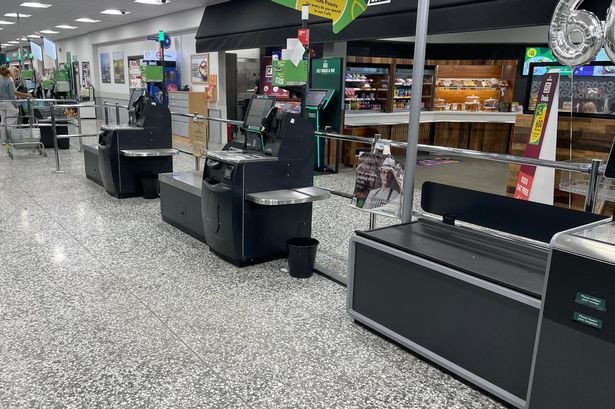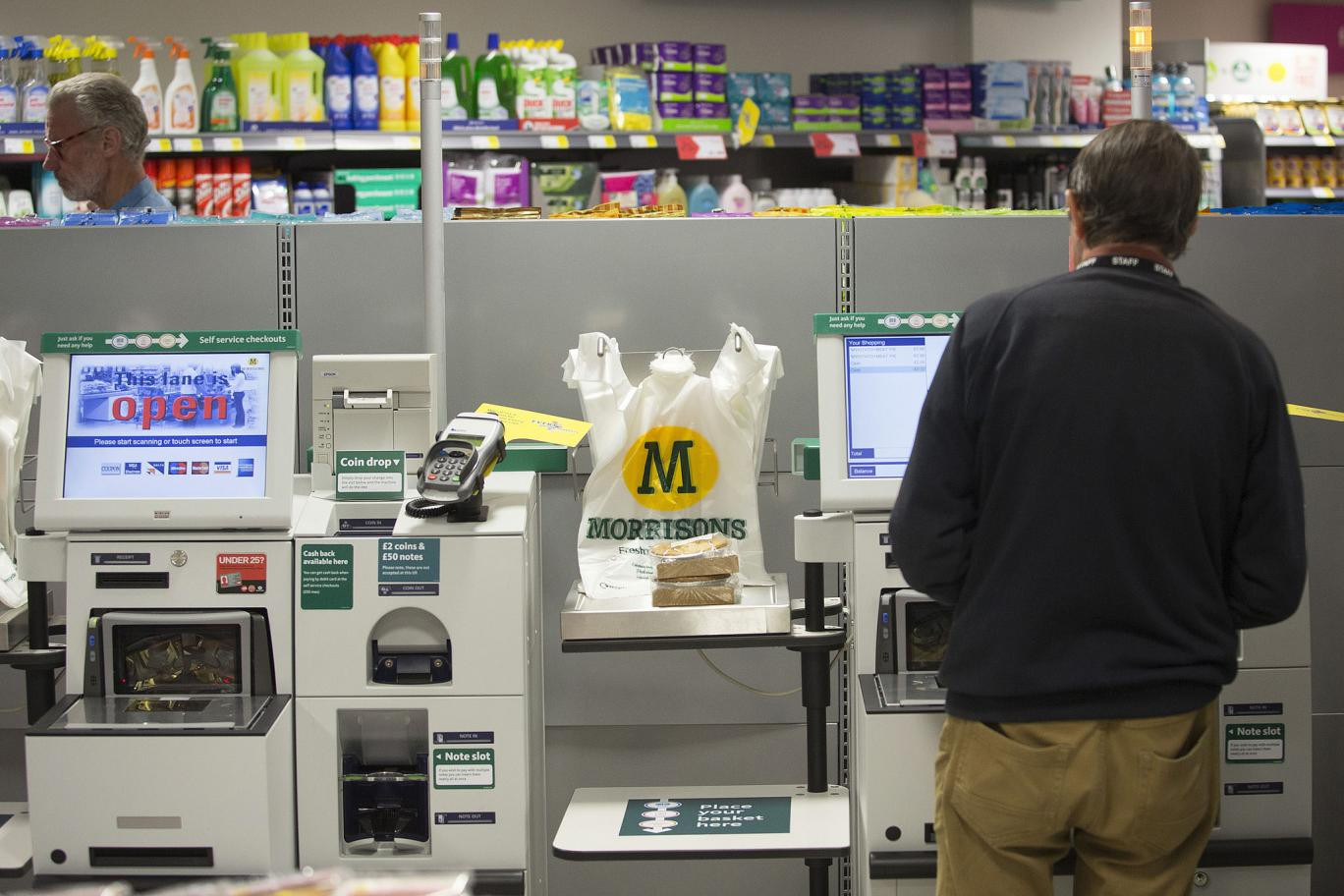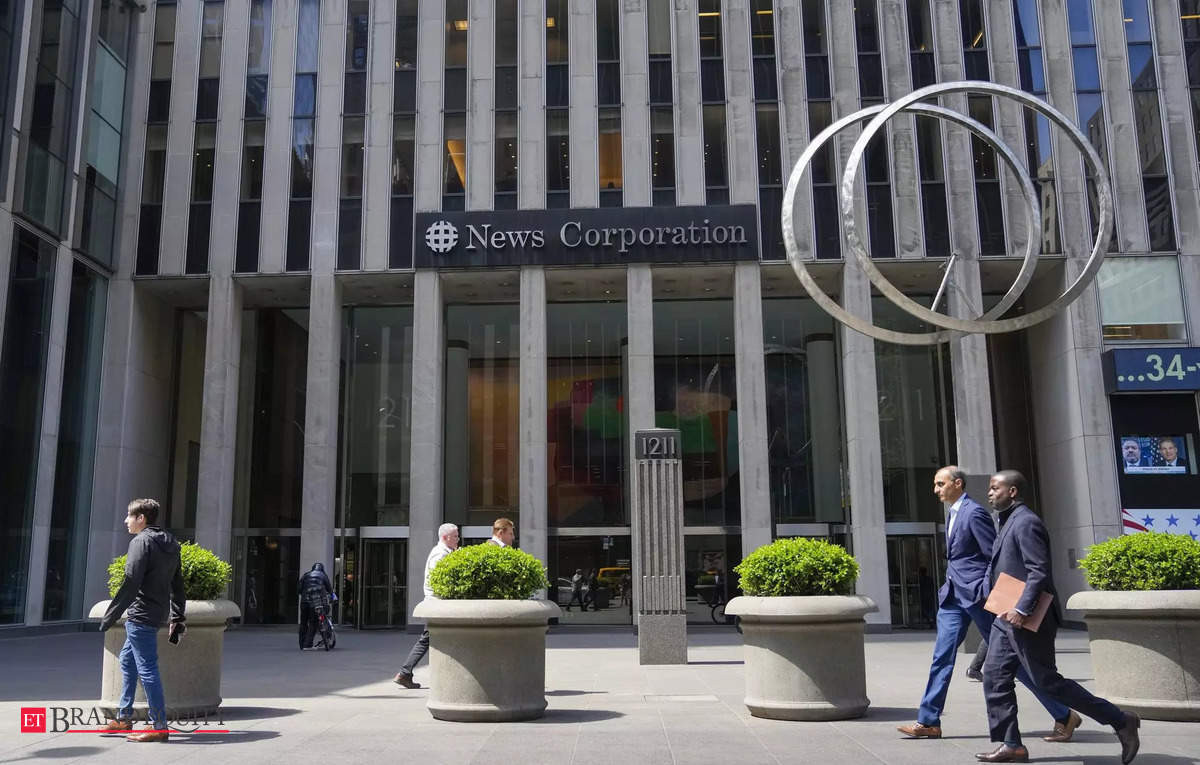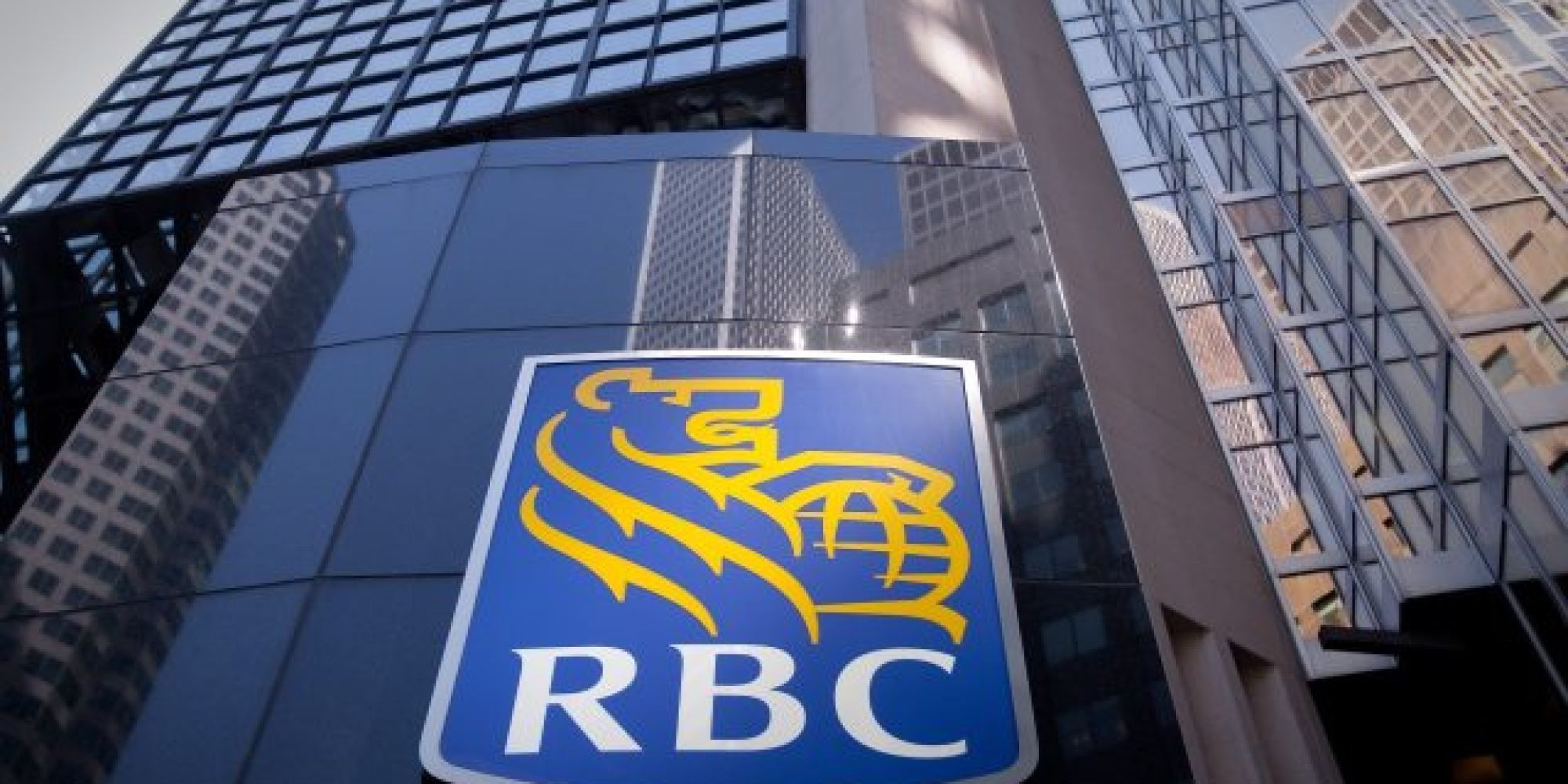Supermarket to cut back on the technology in its shops, amid a growing backlash
Morrisons “went a bit too far” with self-checkouts, its chief executive has admitted, as the supermarket chain cuts back on the technology across a tranche of its stores.
Rami Baitiéh, chief executive of Morrisons, said that it is “reviewing the balance between self-checkouts and manned tills” and removing some from stores after installing too many.
He said: “Morrisons went a bit too far with the self-checkout. This had the advantage of driving some productivity. However, some shoppers dislike it, mainly when they have a full trolley.”
Mr Baitiéh added that he believed the rise of self checkouts had also driven more shoplifting.
It comes after Morrisons conducted an analysis of self-checkouts across its store estate.
Mr Baitiéh said: “We reviewed the whole estate and it appeared that 20 stores must balance the number of self check-outs versus the number of tills.”
At one store in Brough in Yorkshire, for instance, Mr Baitiéh said Morrisons had removed some of its self-checkouts and added four manned tills instead.
He said: “Colleagues and customers are very satisfied with the change.”
Most of the big supermarkets have expanded their use of self-checkouts over recent years in the hopes of increasing efficiency and trimming costs.
However, this has caused anger among many customers who prefer dealing with a human being when paying for their shopping. As a result, many retailers are now re-evaluating the merits of the technology.
Michael Gleeson, Asda’s chief financial officer, told The Telegraph last week that the Leeds-based chain believed the technology had now reached its limit, announcing a £30m investment into putting more staff on tills.
Mr Gleeson said: “We have invested additional hours in manned checkouts and that’s been within the existing physical infrastructure [of the stores]. It’s not more checkouts, it’s more colleagues on checkouts.”
Northern grocer Booths ditched almost all of its self-checkouts last year, arguing that they cannot provide the right level of customer service.
Archie Norman, the chairman of Marks & Spencers, last year blamed self-checkouts for a rise in “middle-class shoplifting”, amid a broader rise in retail crime over the last years.
Others, however, have doubled down. Ken Murphy, Tesco’s chief executive, launched a staunch defence of the technology last year, insisting: “We genuinely believe, at the end of the day, it provides a better customer experience.”
The Rise and Fall of Self-Checkouts
The adoption of self-checkouts by major supermarkets has been a controversial topic for years. While some shoppers appreciate the convenience and speed, many others have voiced their dislike for the technology.
Concerns have been raised about the potential for increased shoplifting, as well as the impact on customer service and the loss of jobs. It is no surprise that shoppers are frustrated with the technology, often having to call over a staff member for assistance.
A Shift in Strategy
The move by Morrisons and Asda to increase the number of manned checkouts suggests a shift in strategy among major supermarkets. It appears that the retail giants are beginning to recognize that self-checkouts may not be the best solution for all shoppers.
While self-checkouts can offer convenience for some, they are not always the most efficient or customer-friendly option. Many shoppers prefer the personal interaction and assistance provided by a human cashier.
The Future of Checkout Technology
The debate surrounding self-checkouts is likely to continue. As technology advances, there may be new solutions that can address the shortcomings of current self-checkout systems. However, for now, it seems that supermarkets are beginning to move away from an overreliance on automation. The customer is king, and the preference for manned checkouts appears to be a trend that retailers cannot ignore.
Will Other Supermarkets Follow Suit?
The decisions by Morrisons and Asda to increase staffed checkouts could set a precedent for other supermarket chains. It remains to be seen whether Sainsbury’s and Tesco will follow suit and make similar changes to their stores. The future of checkout technology is still uncertain, but it is clear that the customer experience remains a priority for retailers.


















